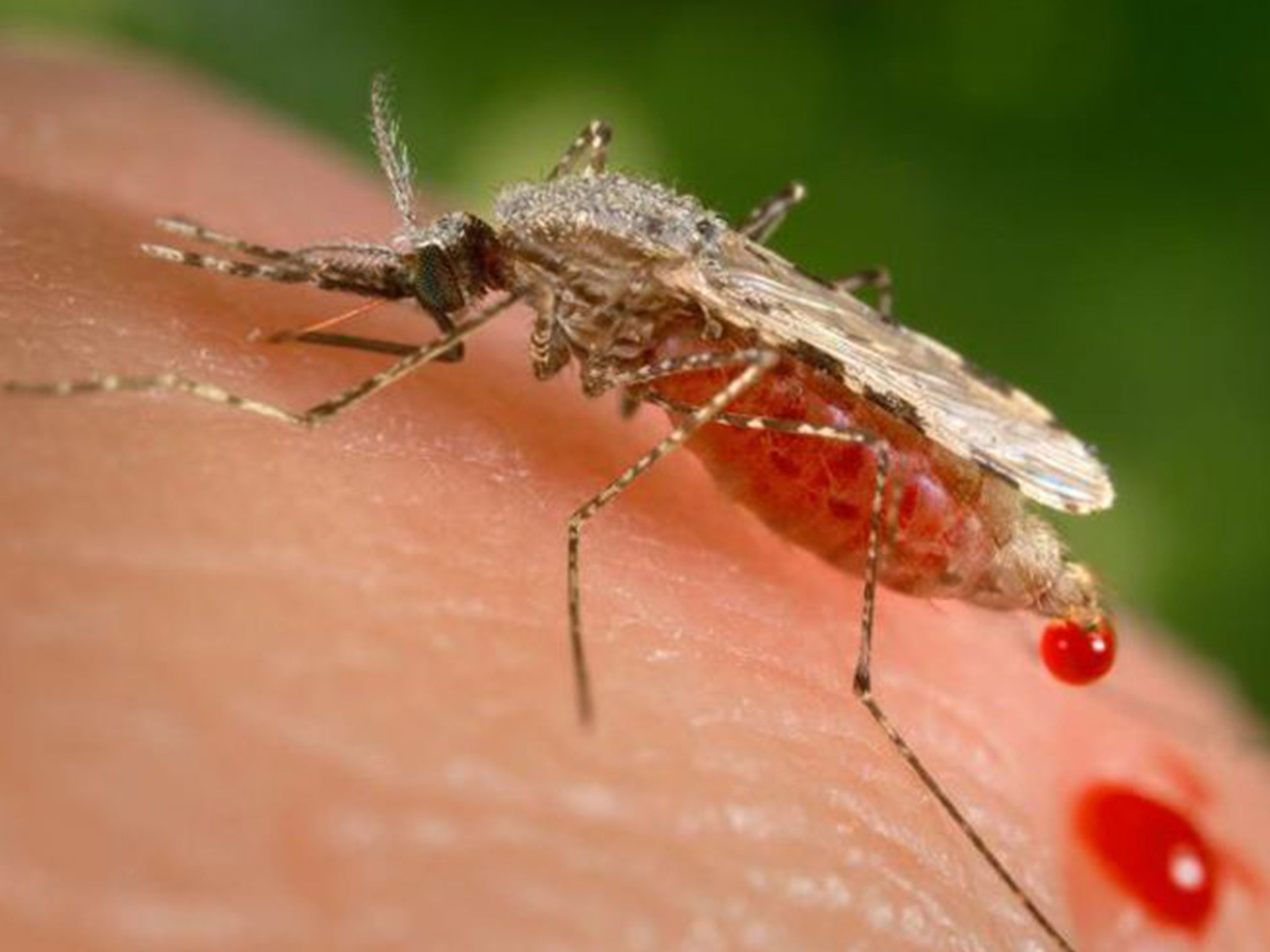Malaria: A breakthrough in gene editing may help eradicate disease
With almost 200 million cases a year, achieving such a result would lift a great weight of human suffering

Scientific breakthroughs are often years in the making, but when they come to fruition they can have an immediate impact on the course of human history. So it is likely to prove with the Crispr technique – a process in which a genome can be edited, with huge applied benefits for everything from agricultural yields to modern medicine.
Just two years after we first revealed that scientists had found a way to edit DNA with extreme precision, we now know that the model has the potential to help us understand human development, prevent repeated miscarriage and avoid inherited disease. And today we report perhaps one of the most significant and exciting development yet: scientists say that, using the technique, it may now be possible to eradicate malaria from the mosquito population.
By creating genetically modified insects with “gene drives”, scientists predict they could wipe out mosquito-borne diseases by spreading resistant genes which would then prevent the diseases being transmitted to humans. The technique would ensure that almost all the offspring born of a modified mosquito mating with its wild counterpart would have the ability to pass on the extra gene. Malaria resistance could spread through the population within a single mosquito breeding season.
Achieving such a result would lift a great weight of human suffering. There are almost 200 million cases of malaria a year, according to the World Health Organisation, leading to as many as one million deaths. Like all such breakthroughs, however, the application of the technique has its risks. Just as malaria resistance could spread quickly, so harmful genes could be spread just as rapidly. Laboratory tests, therefore, should be tightly controlled.
But fears about such consequences should not be allowed to hold important research back. Most objections to gene editing are moral, focused on fears about the risks of “playing God” with human embryos. That is understandable. But what could be more moral in aim than the relief of widespread human suffering, particularly in the parts of the world least equipped to cope with the effects of such a disease? This is an important moment in medical history.
Join our commenting forum
Join thought-provoking conversations, follow other Independent readers and see their replies
Comments
Bookmark popover
Removed from bookmarks